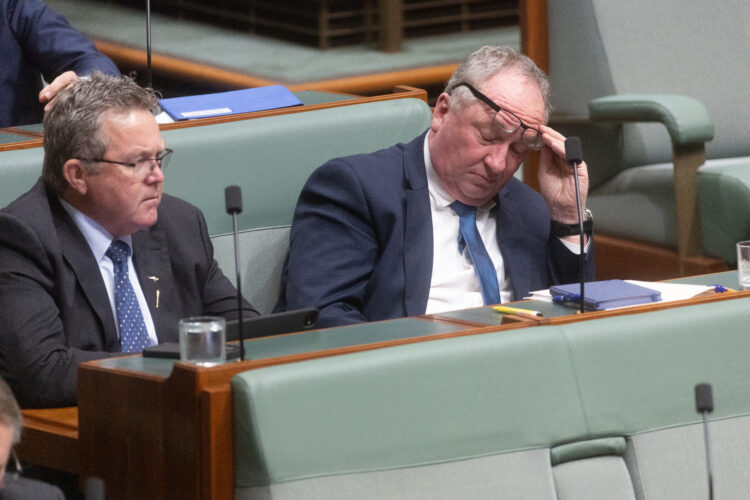Female academics are being encouraged into engineering roles as part of a bid to boost gender equity and representation in the sector.
The University of Sydney is running a campaign open to international and Australian candidates offering academic roles reserved for women in engineering.
The roles are in the schools of aerospace, mechanical and mechatronic engineering, civil engineering, computer science, and electrical and computer engineering.
About 12 to 17 per cent of continuing academic staff within these schools are women.
But a 2024 Diversity Council Australia report found just 11 per cent of female engineering students qualified and went on to work in an engineering role, while the percentage of those in senior roles was even lower.
Shuying Wu, a senior lecturer in aerospace, mechanical and mechatronic engineering at the University of Sydney, said she had been the only women in the room for many parts of her career.
“There is a lack of female mentors so there can be limited guidance and inspiration,” Dr Wu told AAP.
“But when we design engineering projects, if we have more diversity we can solve problems from different angles as diverse teams create more solutions and think about things from different perspectives.”
Women had historically been under-represented in Australia’s engineering sector, something culture and community associate dean Renae Ryan wants to change at the University of Sydney.
Other universities had run similar campaigns which had successfully improved diversity among academics, she said.
“Increasing diversity is not just about representation, it is also about institutions actively creating opportunities for talent to flourish, develop and grow,” Professor Ryan said.
“Having these kinds of identified rounds sends a strong signal that we are really serious about attracting talented women into our faculty and it also increases student interest because it highlights the pipeline for women engineers.”
As diversity, equity and inclusion programs are wound back in the United States, Prof Ryan expected American researchers and academics to be attracted to the roles.
“There’s a lot going on in research and funding in general in the US and there have been significant changes and a lot of people in the higher education sector are under pressure,” she said.
“It’s something we are conscious of and we would always reach out to the US anyway, but there may be people looking for a change in Australia.”
